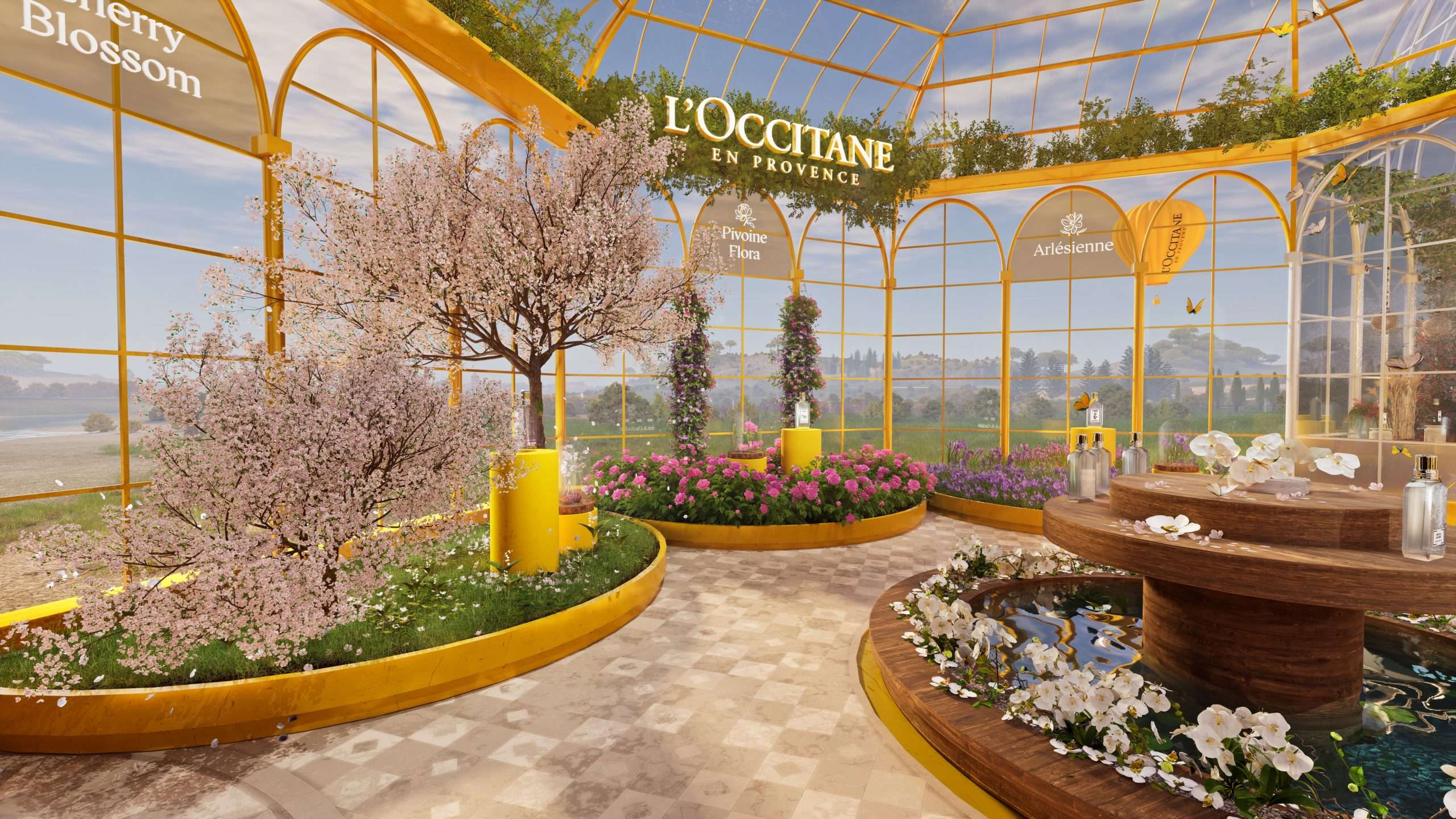According to the Welsh Tourism Board, the region’s promotional Metaverse is the first time a UK or European country leveraged shared immersive spaces for promoting tourism – official sources say.
Metaverse platform provider Spatial is powering the Welsh Metaverse. The immersive service is highly accessible to demographics who may not be familiar with Metaverse platforms.
By leveraging Spatial’s framework, Welsh officials can provide a browser-based experience ready for anyone using a smartphone, tablet, laptop, computer, or Meta Quest headset.
All a potential tourist needs to do is open the spatial portal via a desktop or laptop. Moreover, for those wishing to experience the service with deeper immersion, a user can access the service via a supported headset-based browser application.
Entering the Welsh Metaverse
According to the Welsh government’s official press release on the service, its Metaverse allows the region to boost marketing and advertisement options as the nation looks to increase its international cultural impact and reach.
During the Metaverse experience, a potential tourist to Wales can visit a range of places and attractions that the developers and overseers based on real-life tourist spots.
Notably, the Welsh Metaverse contains landmarks such as a cable car ride – based on a similar establishment in Llandudno – that delivers users from one side of the Metaverse space to another.
Moreover, the Welsh Metaverse contains an immersive theatre that showcases Welsh music and culture.
Finally, the Welsh Tourism Metaverse contains a replica of a “historic castle” with an interactive map of Wales and its many destinations.
Additionally, to accompany its interactive spaces, the Spaital-powered immersive service also provides visitors with gamified tasks to build engagement and understanding of the nation, including places to stay, attractions and events.
Many other regions are experimenting with the Metaverse as a tool to introduce a potential tourist to a place ahead of a person’s visit – regions such as Saudi Arabia, Tokyo, and Abu Dhabi have all experimented with the prospect.
The marketing approach is still emerging, and so are its tourism benefits. However, the increased connection to visitors should allow regions to boost their cultural footprint similarly to the internet.
This article was originally published by Rory Greener for XR Today. Read the original article here.



